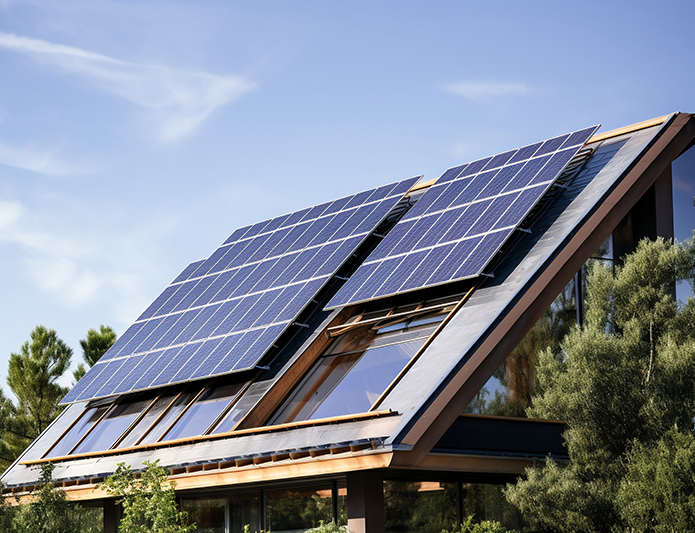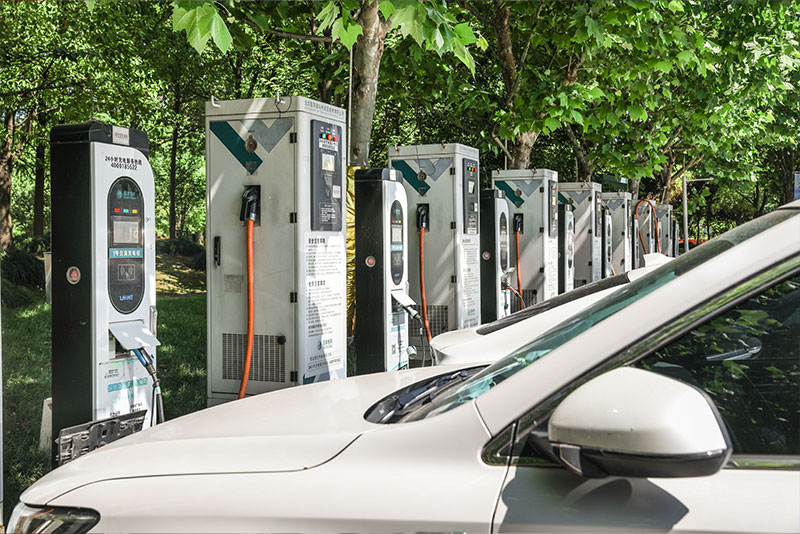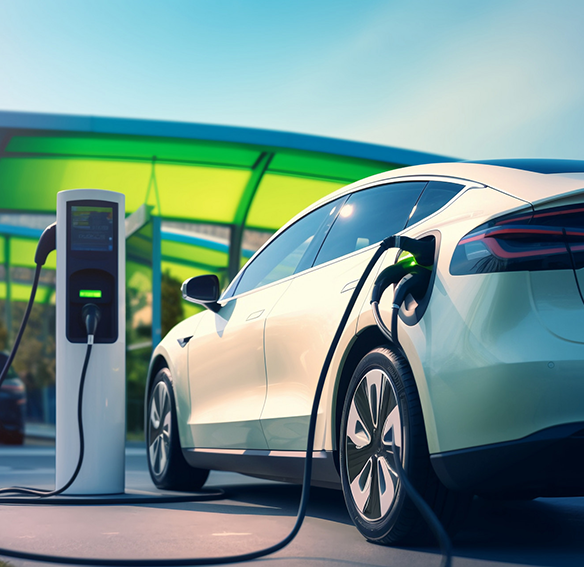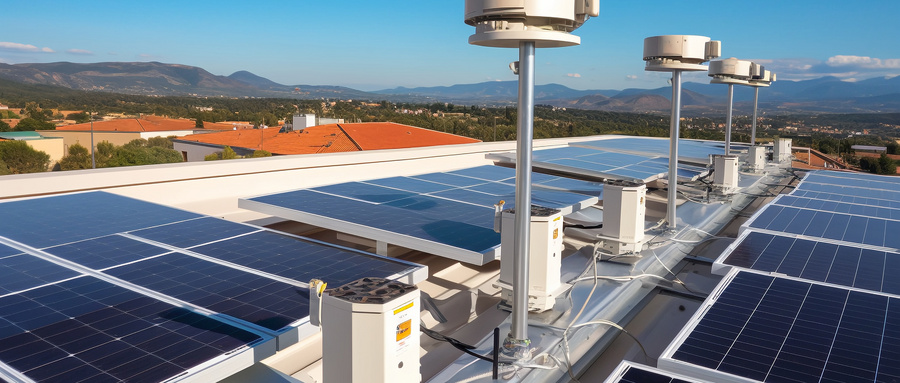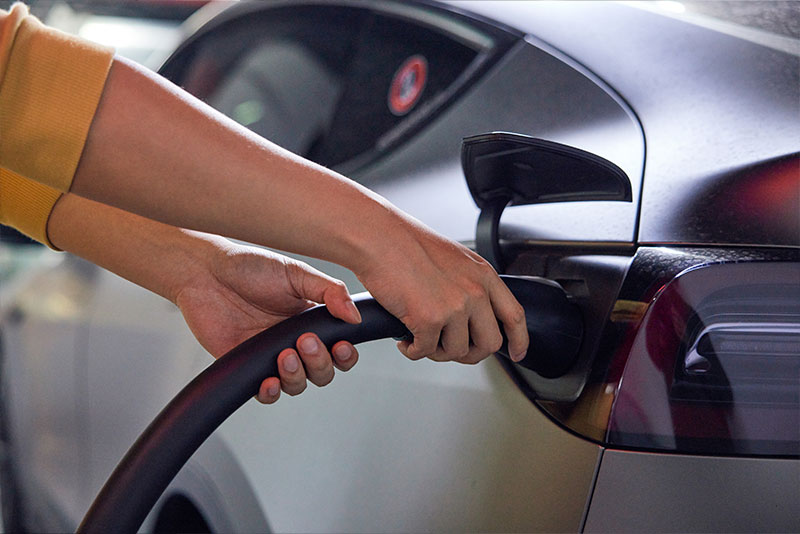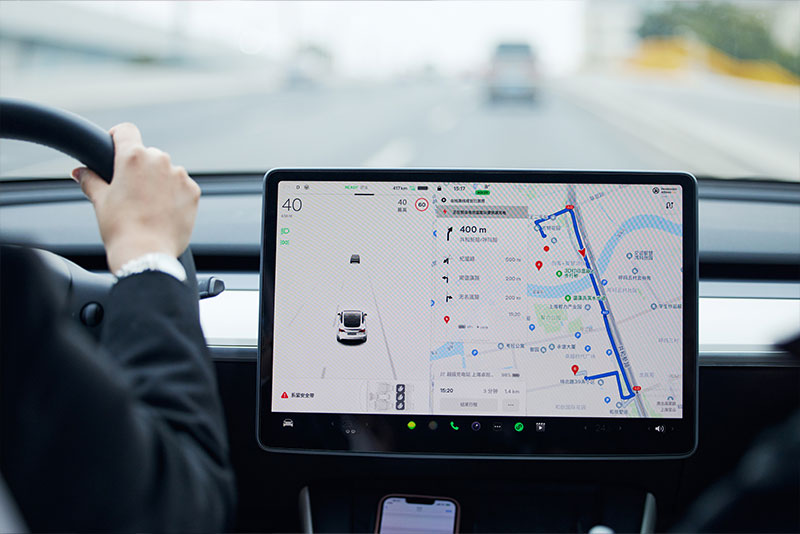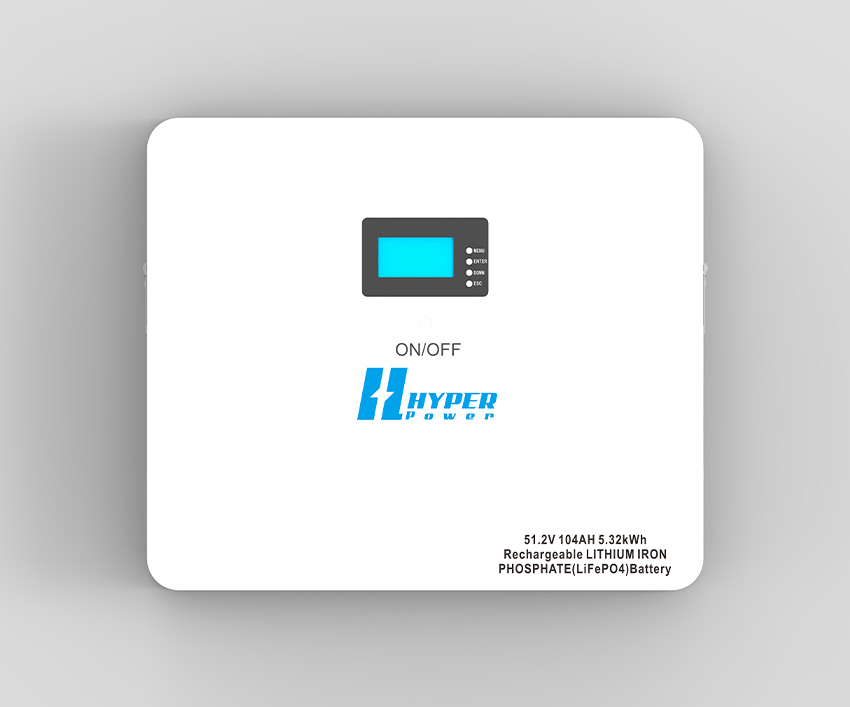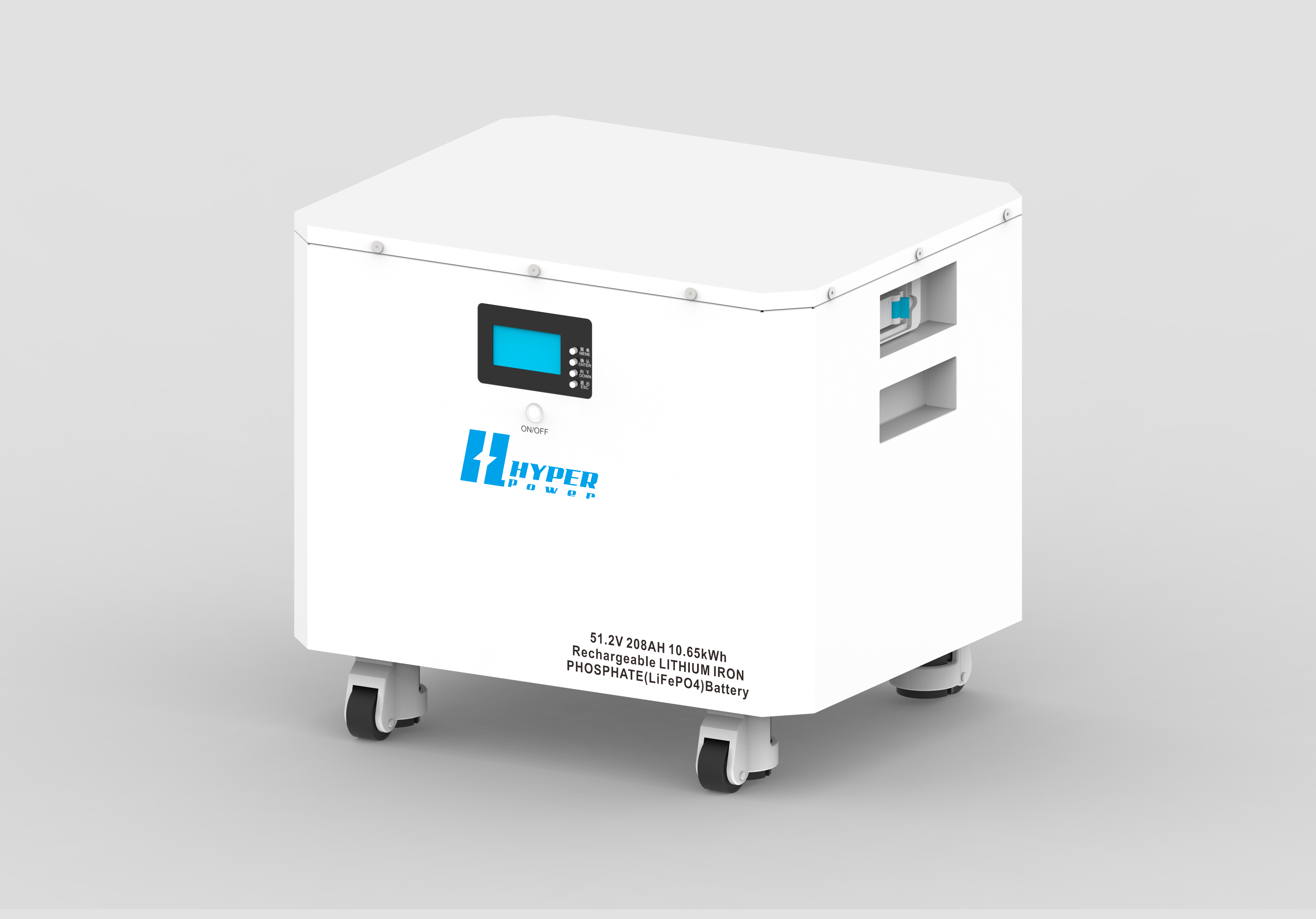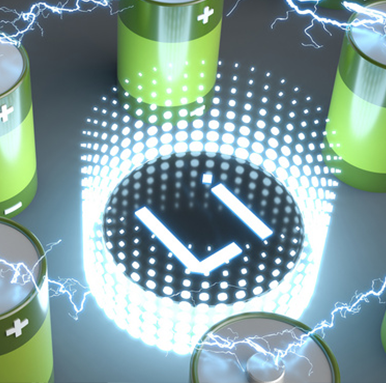Why Lithium Ion Home Battery Systems Are Changing the Game
Walk you through everything you need to know about lithium ion home battery solutions, including how they work, their advantages, applications, safety, installation, market trends, and FAQs.
In a world where energy reliability and sustainability are becoming top priorities, homeowners are increasingly turning to lithium ion home battery systems. These high-efficiency energy storage solutions are revolutionizing how we consume, store, and manage electricity. From reducing utility bills to providing seamless lithium ion home battery backup during power outages, these systems offer a versatile and future-ready approach to home energy.
This comprehensive guide will walk you through everything you need to know about lithium ion home battery solutions, including how they work, their advantages, applications, safety, installation, market trends, and FAQs.
What Is a Lithium Ion Home Battery?
A lithium ion home battery is a rechargeable energy storage system designed to store and supply electricity for residential use. At its core, this battery consists of lithium-ion cells that offer high energy density, fast charging capabilities, and long life spans. These batteries can be charged using electricity generated from solar panels or pulled directly from the grid during off-peak hours.
Key Features:
- Rechargeable lithium-ion chemistry: Offers stability, efficiency, and long service life.
- Long cycle life (up to 10,000 cycles): Can endure thousands of charge/discharge cycles without significant degradation.
- High energy density: Packs more power into a smaller, lighter unit.
- Modular and scalable design: Expandable to meet larger household energy needs.
- Compact, wall- or floor-mounted systems: Fits well in garages, utility rooms, or basements.
The goal of a lithium ion home battery is to increase energy autonomy, reduce electricity costs, and provide reliable lithium ion home battery backup in emergencies.

Why Choose Lithium Ion Over Other Battery Types?
There are several types of batteries used in home energy storage, including lead-acid, nickel-cadmium, flow batteries, and lithium-ion. However, lithium-ion has become the dominant choice for homeowners.
Advantages Over Lead-Acid Batteries:
- Longer lifespan: Lithium-ion batteries can last up to 15 years, whereas lead-acid batteries typically need replacement every 3–5 years.
- Higher efficiency: Lithium-ion achieves round-trip efficiencies of 90–95%, while lead-acid ranges between 70–80%.
- Lower weight and volume: Ideal for space-saving installations.
- Maintenance-free operation: No fluid refills or corrosion control needed.
Advantages Over Flow Batteries:
- Compact size: Flow batteries require large tanks, making them less practical for home use.
- Higher energy density: Better suited for space-constrained urban homes.
Thanks to these advantages, lithium ion home battery backup systems are favored for long-term performance, low maintenance, and high reliability.
Applications of Lithium Ion Home Battery Systems
A lithium ion home battery isn't just a backup for emergencies. It is a multipurpose energy management tool.
3.1 Solar Energy Storage
If you have solar panels, storing excess energy generated during the day allows you to use it at night or during overcast conditions. This dramatically reduces reliance on grid power.
3.2 Peak Shaving
Utilities charge more during peak demand hours. Lithium-ion batteries allow homeowners to store cheap electricity and use it when rates spike, significantly lowering bills.
3.3 Time-of-Use Optimization
In regions with variable electricity pricing, smart batteries draw power during off-peak hours and discharge during peak periods.
3.4 Emergency Backup
With lithium ion home battery backup, your home stays powered during outages caused by storms, grid failures, or maintenance.
3.5 Smart Home Integration
Advanced systems connect with home automation platforms to intelligently manage loads, prioritize critical appliances, and track energy usage.
How a Lithium Ion Home Battery Backup Works
Charging Phase
During daylight hours, solar panels or grid electricity charge the battery. Smart algorithms ensure charging at optimal rates.
Discharging Phase
When energy is needed — at night, during outages, or when rates are high — the battery discharges power to supply your home.
Battery Management System (BMS)
This internal controller ensures safe and efficient operation, balancing cell voltages, monitoring temperature, and protecting against overcharging or deep discharging.
Inverter Integration
Inverters convert the battery's DC power into usable AC electricity. Some systems use hybrid inverters for seamless switching between solar, battery, and grid power.
Together, these components enable uninterrupted lithium ion home battery backup and enhanced energy independence.
Key Benefits of Lithium Ion Home Battery Backup
5.1 Energy Independence
Use your solar energy on your own terms and reduce reliance on unpredictable grid pricing.
5.2 Reliable Backup During Outages
Protect your family from blackouts with uninterrupted power for critical loads like lights, refrigerators, and communication devices.
5.3 Cost Savings
Smart charging during low-rate periods and discharging during peak demand can lead to substantial savings over time.
5.4 Eco-Friendly Living
Lower your carbon footprint by maximizing the use of clean, renewable energy.
5.5 Property Value Boost
Homes equipped with lithium ion home battery backup systems are often valued higher due to energy efficiency and resilience.
Installation Considerations
6.1 Site Assessment
Professionals assess your home’s energy usage, roof orientation, and load priorities to tailor the right solution.
6.2 Space Requirements
Installations are compact but need proper ventilation and protection from temperature extremes.
6.3 Inverter and System Compatibility
Ensure your battery is compatible with existing solar inverters or install a hybrid system for greater flexibility.
6.4 Partial vs. Whole-Home Backup
Decide whether to back up only essential circuits or your entire home. This impacts system size and cost.
Maintenance and Safety
Minimal Maintenance
Most lithium-ion batteries are sealed units that require little or no user maintenance.
Built-In Safety Systems
- Temperature regulation systems
- Overload and short-circuit protection
- Fire-resistant casings and safety certifications
Remote Monitoring
Companion apps provide live data on battery status, energy flows, and potential issues.

Market Trends and the Future
Growing Demand
With increasing blackouts and energy prices, the demand for residential storage is booming.
Virtual Power Plants (VPPs)
Households with lithium ion home battery systems can participate in VPPs to supply energy back to the grid and earn revenue.
AI-Driven Energy Management
Smart batteries use machine learning to optimize charge/discharge cycles based on weather, pricing, and usage patterns.
Sustainability Focus
Battery recycling programs and advancements in lithium sourcing are making the entire lifecycle more eco-friendly.
FAQs About Lithium Ion Home Battery Systems
Q1: How long does a lithium ion home battery last during an outage?
That depends on usage. A 10 kWh battery running critical loads might last 12–24 hours.
Q2: Can I expand my system later?
Yes, many systems allow modular expansion.
Q3: Do I need solar panels?
No, but solar integration maximizes return and sustainability.
Q4: Are there incentives for home batteries?
Yes, in many countries there are federal, state, or utility incentives.
Q5: Can I monitor the system remotely?
Yes. Most modern systems include apps for real-time monitoring and control.
Conclusion
A lithium ion home battery is more than just a backup — it’s a strategic asset for homeowners looking to secure reliable, cost-effective, and eco-friendly power. With advancements in technology, supportive policies, and increasing grid instability, there has never been a better time to invest.
Whether your priority is energy independence, cost reduction, environmental sustainability, or resilience, a lithium ion home battery backup system delivers outstanding benefits that future-proof your home for years to come.
Blog

Maximizing Energy Independence with Home Lithium Battery Storage

How Residential Photovoltaic Energy Storage Systems Empower Sustainable Homes
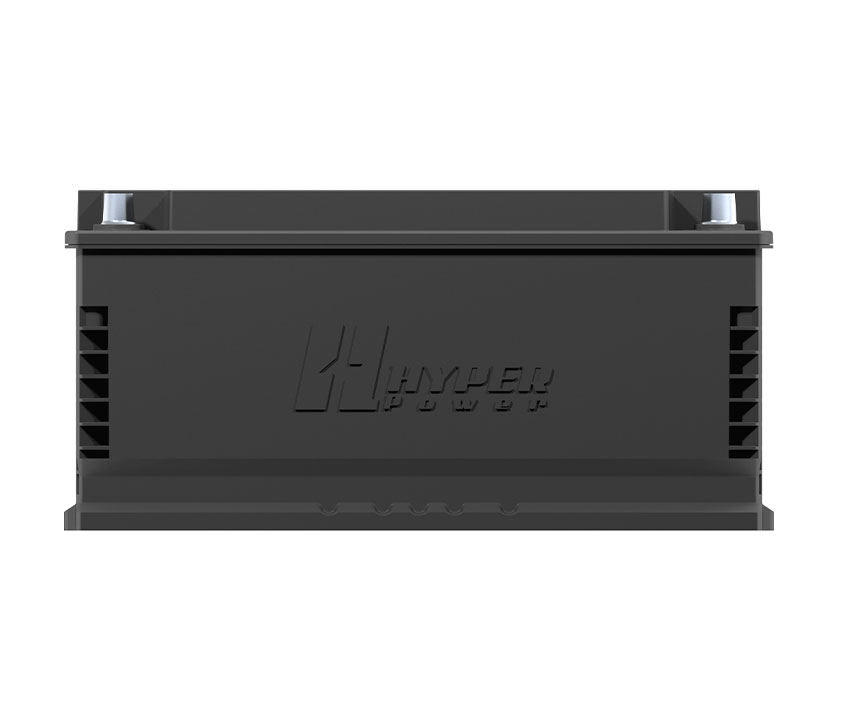
Why the 12V Lithium Ion Car Battery is the Smarter Automotive Power Solution — Insights from JEJE Energy
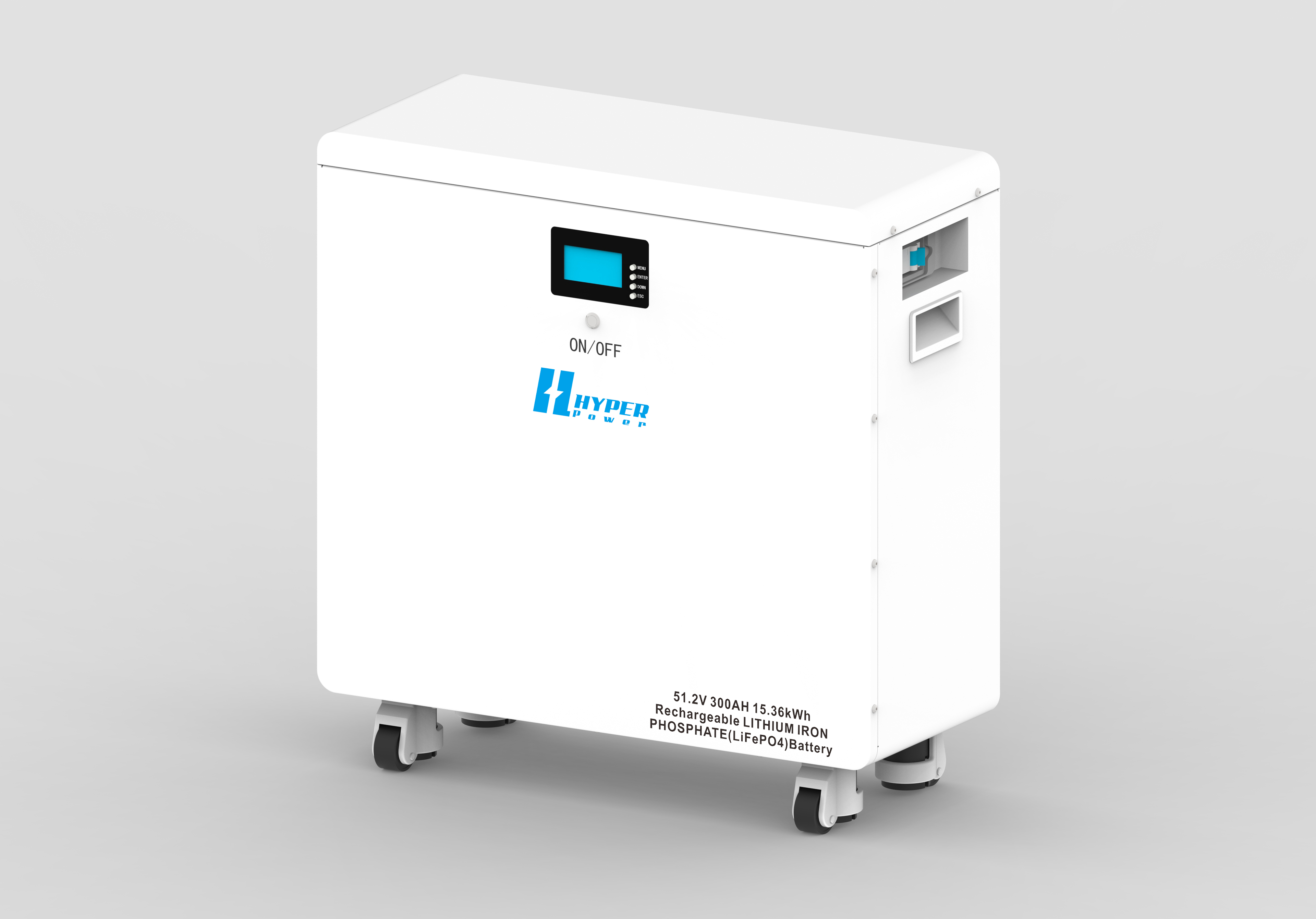





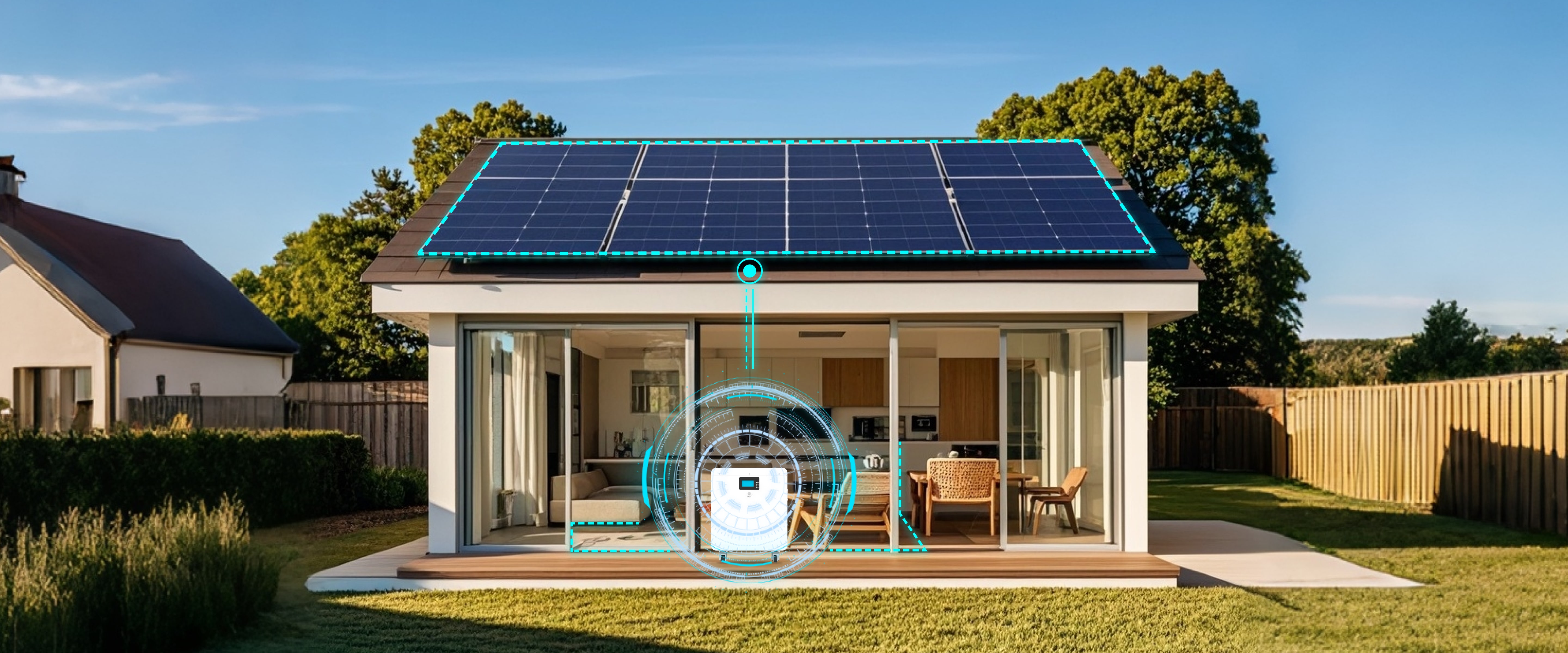



-Charging.png)
.jpg)





